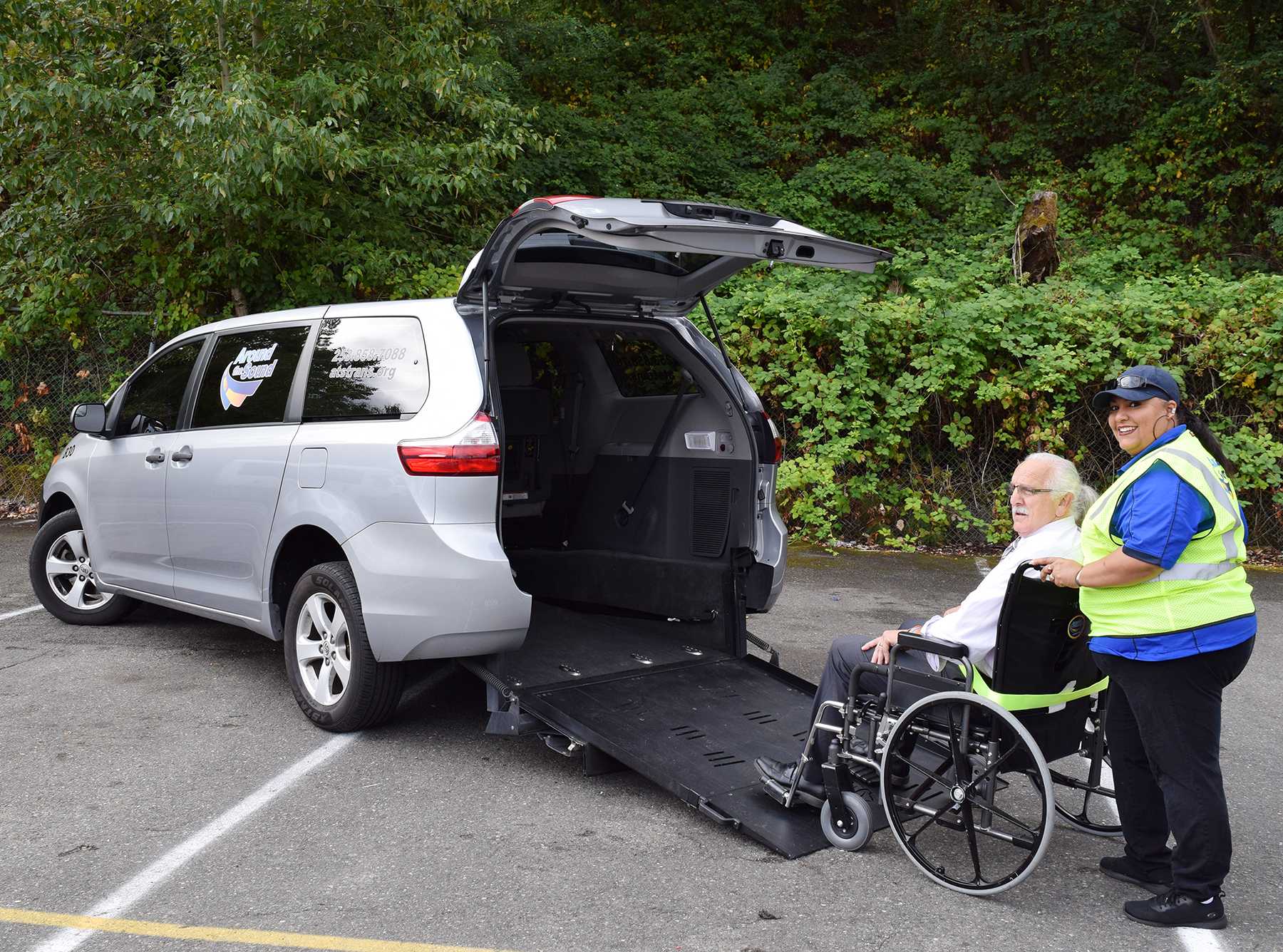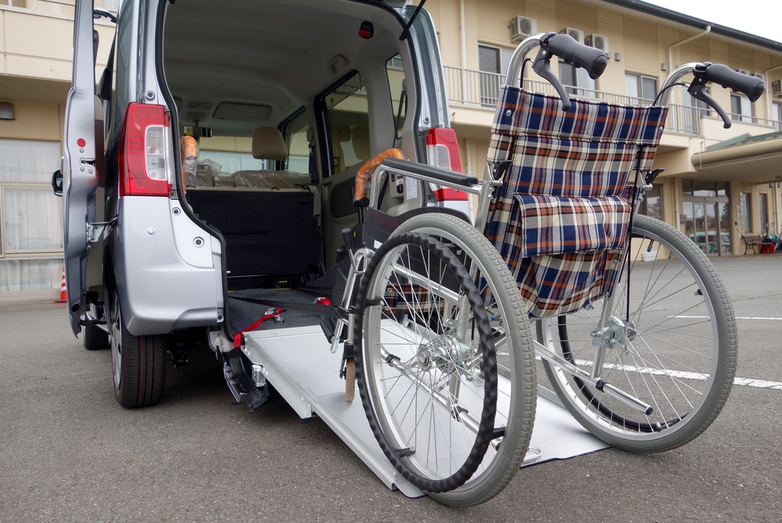Streamlined Medical Transportation: Making Healthcare Accessible for All
Streamlined Medical Transportation: Making Healthcare Accessible for All
Blog Article
Inexpensive and Accessible Medical Transportation Options for each Scenario
In the world of health care, the capacity to accessibility clinical solutions is extremely important, yet the challenge of budget-friendly and obtainable transport can often prevent people from receiving necessary treatment. While some might have the methods to safeguard personal transportation, many face barriers that make it tough to reach clinical appointments or centers. The landscape of clinical transportation choices is evolving, using a range of remedies customized to various demands and conditions. By checking out specialized medical transportation solutions, neighborhood transport programs, ride-sharing and taxi services, non-emergency clinical transport, in addition to public transportation and paratransit options, individuals can locate avenues that satisfy their particular demands and guarantee they receive the care they need.
Specialized Medical Transport Services
Specialized clinical transport solutions play a crucial function in guaranteeing safe and reliable transportation for people needing specialized care throughout transit. These solutions cater to patients with one-of-a-kind medical needs, such as those requiring constant tracking, specialized devices, or medical treatments during transportation. By utilizing particularly equipped automobiles and qualified clinical employees, specialized medical transportation solutions guarantee that people receive the needed treatment while being transferred in between medical care centers, residences, or various other locations.
One key element of customized medical transportation services is the focus on individual convenience and safety. Medical transport teams are educated to take care of various medical conditions and emergencies that may develop throughout transit, offering a higher level of care than standard transportation choices. Additionally, these services typically use door-to-door help, decreasing the stress and anxiety and pain that people may experience during transfers.
Community Transport Programs
Having actually resolved the important role of specific medical transportation services in making sure safe and effective transportation for individuals with distinct clinical needs, the focus currently shifts to checking out Community Transportation Programs - medical transportation. These programs play an essential function in giving economical and accessible transportation remedies for the general population, including elders, people with impairments, and low-income family members that might face difficulties in accessing conventional transport alternatives
Community Transportation Programs include a series of solutions such as fixed-route buses, paratransit solutions, volunteer motorist programs, and ridesharing campaigns. These programs are often subsidized by city governments, non-profit organizations, or private companies to guarantee that individuals have reputable transportation options to get to clinical appointments, supermarket, social activities, and various other crucial locations.
Ride-Sharing and Taxi Services

One of the vital benefits of ride-sharing and taxi solutions is their accessibility. These solutions run 24/7, permitting people to take a trip to clinical consultations, drug stores, or hospitals at any moment of the day. In addition, ride-sharing and taxi solutions satisfy individuals with mobility obstacles by supplying wheelchair-accessible automobiles upon request.
Furthermore, ride-sharing and taxi solutions can be specifically beneficial for people staying in areas with limited public transport choices. By linking the space between home and health care facilities, these solutions play a vital role in making certain that everybody has look here accessibility to necessary clinical solutions.
Non-Emergency Medical Transportation

Non-Emergency Medical Transport companies normally utilize skilled workers look at here now who are experienced in assisting people with varying medical needs. By offering door-to-door solution, Non-Emergency Medical Transportation improves the general ease of access of healthcare for people that might otherwise have a hard time to go to important clinical visits.
Public Transit and Paratransit Options
Public transportation and paratransit alternatives use vital transport solutions for individuals with differing movement visit this web-site demands, making sure accessibility to crucial destinations such as medical centers and appointments. Public transit systems, including buses, trains, and metros, supply an affordable and extensively available mode of transport for people seeking to get to clinical appointments. These solutions are specifically useful for those that might not have access to personal lorries or require support as a result of flexibility challenges.
Paratransit services cater particularly to people with handicaps that are incapable to use conventional mass transit. These solutions use door-to-door transport, fitting people with mobility devices, pedestrians, or various other wheelchair help. Paratransit lorries are equipped with attributes such as wheelchair ramps and securement systems to ensure the risk-free and comfortable transport of guests with varying wheelchair demands.

Final Thought

Report this page